Our team
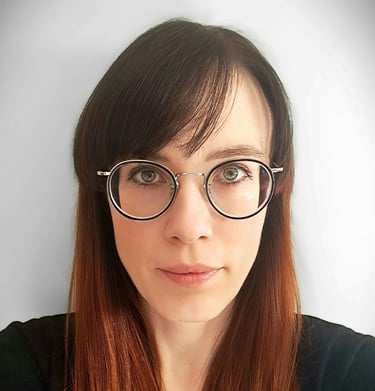

Anna Wnuk
I am a Social and Environmental Psychologist and Assistant Professor at the Faculty of Psychology, University of Warsaw, where I lead the Social and Clinical Psychology Lab (SoCLab UW). In addition to my training in psychology, I hold an MA in Cultural Studies from Adam Mickiewicz University in Poznan, Poland. I earned my PhD with honors from the Faculty of Psychology at the University of Warsaw, with research conducted in Jerusalem on the consequences of collective memory for present intergroup attitudes. Over the years, I have served as Principal Investigator in three projects funded by the Polish National Science Centre. As part of a research fellowship at Utrecht University, I collaborated with the team at the European Research Centre on Migration and Ethnic Relations. I have also completed training in Acceptance and Commitment Therapy (ACT). Currently, I am collaborating with the Field of Dialogue Foundation. My primary research interests lie in social and environmental psychology, intergroup relations, urban studies, and climate change issues. I also study human behavior and psychological responses to the current social, political, and environmental challenges, focusing on the interplay of resilience and risk factors.
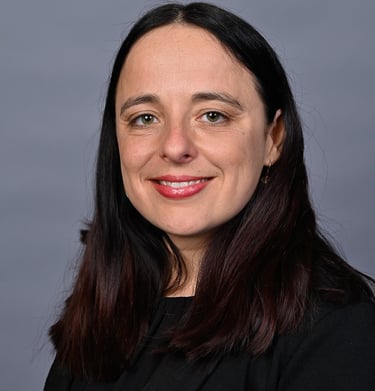

Małgorzata Gambin
Małgorzata is a Professor in the Department of Child and Family Clinical Psychology at the Faculty of Psychology, University of Warsaw. Her research focuses on the role of family relationships, mentalization, emotion regulation, and body image in mental health and psychiatric disorders among children, adolescents, and adults. She pays particular attention to protective factors and risk mechanisms in the development of anxiety and depressive disorders, especially in the context of social crises. She graduated from the Faculty of Psychology at the University of Warsaw, earning her master’s degree, PhD, and then habilitation there. During her postdoctoral fellowship, she spent a year in the Developmental Psychopathology Laboratory at the University of Houston in the United States. She completed the four-year Family Therapy Program run by the OPTA Association, as well as training in child and adolescent therapy, including play therapy. She gained clinical experience, among other places, in the Psychiatry Department of the “Pomnik—Center for Child Health” Institute. She coordinated the “Psychological Aspects of the Pandemic” research group, collaborates with the Empowering Children Foundation, and is a co-founder of the SocLab team.
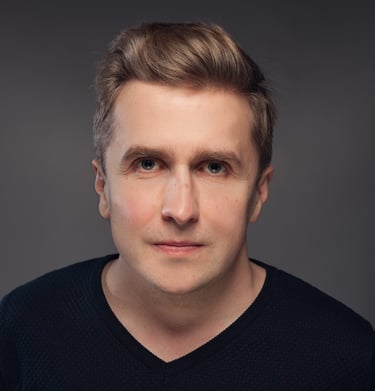

Tomasz Oleksy
Assistant professor at the Faculty of Psychology, University of Warsaw. He conducts research in the field of social and environmental psychology and the relationship between people and new technologies – from the reasons for attachment to virtual spaces and migration to online environments, to factors influencing the acceptance of AI in romantic relationships. He also studies why young, single men seek support in online groups dedicated to masculinity and how being there affects their mental health and anti-social radicalisation. Recipient of four grants from the National Science Centre.
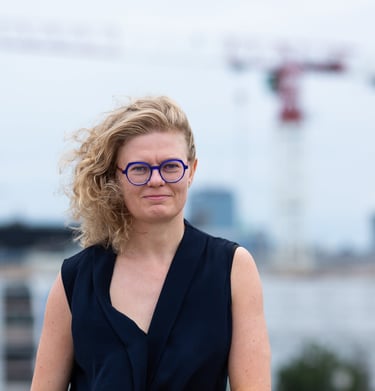

Magdalena Budziszewska
Magdalena Budziszewska is an Assistant Professor at the Faculty of Psychology, University of Warsaw. In her research, she explores the relationship between climate change knowledge, emotions, and attitudes across various contexts including education, clinical contexts, active citizenship, and teacher’s and student’s needs.
Paweł Holas
Pawel is a professor in the Department of Clinical Psychology and Psychotherapy at the Faculty of Psychology UW, a psychotherapist, and psychiatrist.
Ewa Pisula
Professor of Psychology, working in the Department of Health and Rehabilitation Psychology, Faculty of Psychology, University of Warsaw. Her research interests include neurodiversity, particularly autism spectrum, and the situation of families with children with atypical developmental patterns.
Karolina Kubicka
Karolina is a psychologist and a graduate of the Faculty of Psychology at the University of Warsaw, where she is currently pursuing her doctoral studies. She has also completed psychodynamic psychotherapy training in Krakow. She combines clinical practice with academic work. Her research projects primarily focus on factors that shape body image in children and adolescents, the influence of the media on how young people perceive their bodies, and the quality of relationships between children and their parents. She is the creator of Bella Ciało, a psychoeducational program for parents.
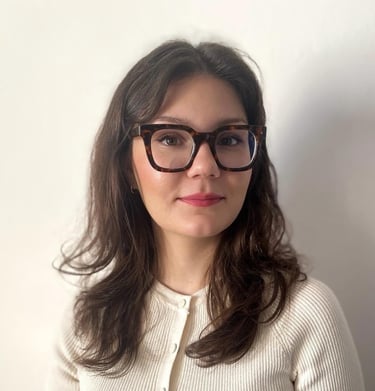

Izabela Lassota
PhD student at the Faculty of Psychology at the University of Warsaw. In her research, she combines perspectives from social, environmental and clinical psychology, investigating how experiences in real and virtual spaces affect mental well-being. She is gaining experience by working on grants from the National Science Centre (OPUS) and as the manager of two research projects funded by the City of Warsaw's scholarships for doctoral students.
Anna Starowicz
Her research explores how cultural factors influence mental health and social functioning, with particular attention to the experience of growing up in a patriarchal family environment. As part of this work, the Family Patriarchy Questionnaire (FPQ) was developed to assess perceived family support for patriarchal culture during childhood and adolescence. PhD student at the University of Warsaw.
Radosław Wcześniak
Soon to be a master's degree holder in psychology, he has been involved in academic life at the Faculty of Psychology of the University of Warsaw and the Dialog research club since his third year of studies. Interested in developmental and environmental psychology as well as emotions, his research focuses on late adolescence and the challenges of entering adulthood. In his free time, he composes music and writes song lyrics.
Collaborators
Monika Pudło
Monika Pudło is an assistant professor in the Department of Psychology in Warsaw at the SWPS University. Her scientific output concerns research on people with autism spectrum disorders (ASD) and other clinical groups e.g. dyscalculia, schizophrenia. Her current research interests also include emotions and integrative research methods in this area, such as the effectiveness of breathing meditation techniques in VR.


